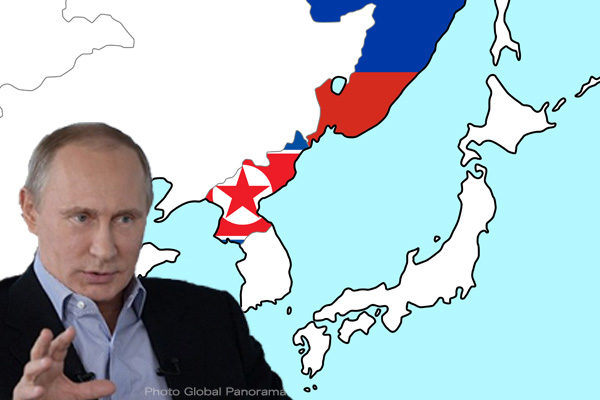On June 19, Russian President Vladimir Putin visited the North Korean capital of Pyongyang and held a summit meeting with North Korean leader Kim Jong Un. They signed a comprehensive strategic partnership treaty, which provides for mutual assistance in the event of armed attack against one of the parties to the treaty.
Putin described the treaty as similar to the Treaty of Friendship, Cooperation, and Mutual Assistance signed in 1961 by the then Soviet Union and North Korea. However, it is not clear that Russia will automatically intervene militarily in the event of a contingency on the Korean Peninsula. Putin refrained from mentioning an alliance, indicating that Russia fell short of being fully integrated with North Korea. Kim, meanwhile, welcomed the treaty as elevating bilateral relations to a new higher level of an alliance and stressed that the two countries were on an equal footing.
Nuclear and missile technology cooperation as a matter of concern
The concern is that the development of the Russia-North Korea relationship into a military alliance will improve North Korea’s nuclear and missile technologies, making it more difficult to ensure Japan’s security. The new treaty also includes a clause that says both sides will provide mechanisms for taking joint actions with the aim to strengthen defense capabilities. During his visit to Vietnam on June 20 after the Pyongyang trip, Putin said he would not rule out arms assistance to North Korea.
North Korea has been steadily modernizing its weapons under a five-year national defense plan announced in January 2021. The first of the 10 development goals in the plan is to reduce the size and weight of nuclear warheads and make them tactical nuclear weapons. This can be interpreted as indicating that North Korea seeks to operationally deploy not only strategic nuclear weapons as deterrence but also tactical nuclear weapons with preemptive strikes in mind. At a launching ceremony for a new tactical nuclear attack submarine on September 6, 2023, newly built for missions in the Sea of Japan, Kim said on the value of the submarine that it could carry massive nuclear weapons and deliver preemptive and retaliatory strikes.
Of course, it is not clear whether North Korea has acquired technologies for nuclear warheads’ reentry into the atmosphere or for the miniaturization of warheads through its past six nuclear tests. Given that the possession of nuclear submarines under the plan is an issue to be addressed, and the development and introduction of hypersonic gliding warheads cannot be determined as having reached the goal, it goes without saying that North Korea will request these technologies from Russia.
Strengthening nuclear deterrence with conventional forces
Under the comprehensive strategic partnership treaty, North Korea will serve as Russia’s weapons factory to provide massive ammunition and missiles for Russia’s war of aggression against Ukraine. If Russia provides weapons technologies that North Korea wants in return, North Korea’s offensive capability will increase.
How will Japan protect the lives of its citizens against threats posed by North Korea, which is building up conventional and nuclear strike capabilities that are difficult to intercept? Japan is required to seriously consider and prepare for the protection, including through strengthening its own nuclear deterrence with conventional forces.
Kiyofumi Iwata is a member of the Planning Committee at the Japan Institute for National Fundamentals. Formerly, he served as Chief of Staff of the Japan Ground Self-Defense Force.


